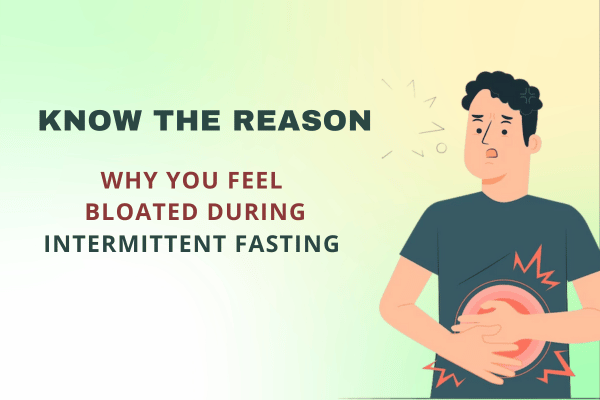The Impact of Stress on Digestive Health
Stress is an inevitable part of modern life, affecting individuals in various ways. While its effects on mental and emotional well-being are widely acknowledged, its impact on physical health, particularly digestive health, is often overlooked. In this comprehensive guide, we delve into the intricate relationship between stress and digestive health, exploring how stress manifests in the gut and strategies to mitigate its effects.
Understanding the Gut-Brain Axis
The gut-brain axis is a bidirectional communication network connecting the central nervous system to the enteric nervous system of the gastrointestinal tract. This intricate connection allows for constant communication between the brain and the gut, influencing various physiological processes, including digestion, immune function, and even mood regulation.
How Stress Affects Digestive Health
Stress triggers a cascade of physiological responses in the body, including the release of stress hormones such as cortisol and adrenaline. These hormones can disrupt the delicate balance of the gut microbiota, leading to inflammation, altered gut motility, and increased permeability of the intestinal barrier, commonly known as “leaky gut syndrome.”
Common Digestive Issues Associated with Stress
Chronic stress can contribute to the development or exacerbation of various digestive disorders, including:
Irritable Bowel Syndrome (IBS)
Stress is a well-established trigger for IBS symptoms, including abdominal pain, bloating, diarrhea, and constipation. The heightened sensitivity of the gut in individuals with IBS makes them more susceptible to the effects of stress, exacerbating their symptoms.
Acid Reflux and GERD
Stress can increase stomach acid production and weaken the lower esophageal sphincter, leading to the reflux of stomach contents into the esophagus. This can cause heartburn, regurgitation, and discomfort, particularly after meals or during periods of heightened stress.
Inflammatory Bowel Disease (IBD)
While stress does not directly cause inflammatory bowel diseases like Crohn’s disease and ulcerative colitis, it can exacerbate inflammation in individuals with existing conditions. Stress management is often recommended as part of a comprehensive treatment plan for managing flare-ups and improving overall well-being.
Strategies to Manage Stress for Better Digestive Health
Mindfulness and Relaxation Techniques
Practicing mindfulness meditation, deep breathing exercises, and progressive muscle relaxation can help reduce stress levels and promote relaxation. These techniques have been shown to modulate the body’s stress response and improve gastrointestinal symptoms in individuals with stress-related digestive disorders.
Regular Physical Activity
Engaging in regular physical activity, such as brisk walking, cycling, or yoga, can help alleviate stress and promote overall well-being. Exercise stimulates the release of endorphins, “feel-good” hormones that can improve mood and reduce anxiety, while also promoting healthy digestion and gut motility.
Balanced Diet and Gut-Healthy Foods
Consuming a balanced diet rich in fiber, prebiotics, and probiotics supports a healthy gut microbiota, which in turn can influence mood and stress resilience. Incorporating fermented foods like yogurt, kefir, and kimchi, as well as fiber-rich fruits, vegetables, and whole grains, can promote gut health and improve digestive function.
Prioritize Sleep Hygiene
Quality sleep is essential for overall health and well-being, including digestive health. Establishing a regular sleep schedule, creating a calming bedtime routine, and optimizing sleep environment can help improve sleep quality and reduce stress levels, leading to better digestive function.
Conclusion
In conclusion, stress can have a profound impact on digestive health, exacerbating symptoms of various digestive disorders and compromising overall well-being. Understanding the connection between stress and the gut is crucial for implementing effective strategies to manage stress and promote optimal digestive function. By incorporating mindfulness techniques, regular physical activity, a balanced diet, and prioritizing sleep hygiene, individuals can take proactive steps to support their digestive health and enhance their quality of life.











